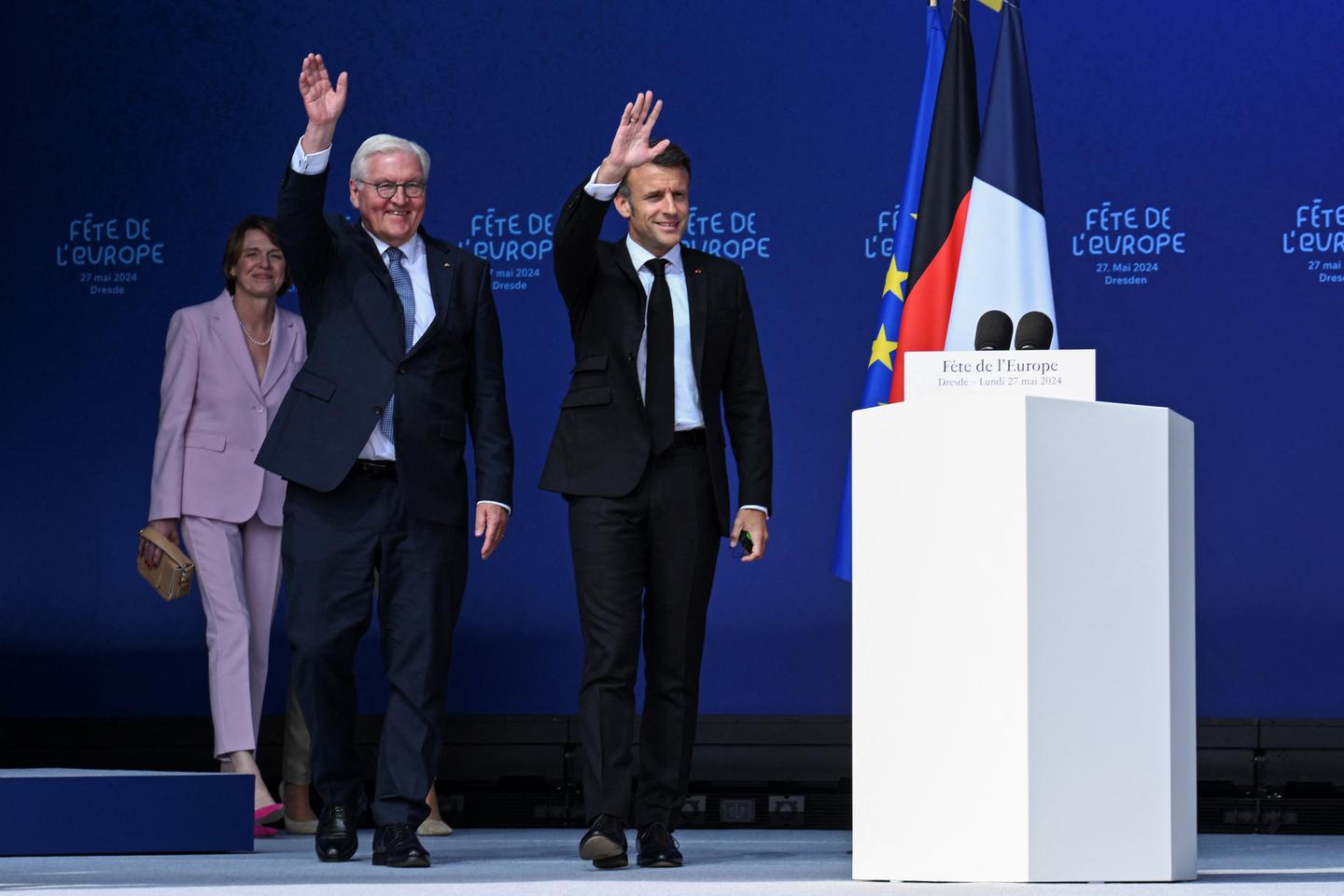


Although a state visit by a French president to a foreign country is by its very nature a matter of protocol, it can also be symbolically charged and produce positive political effects. This was the hope raised by Emmanuel Macron's rich three-day trip to Germany, from May 26 to 28.
This state visit, the first by a French president since Jacques Chirac in 2000, was all the more timely in that it took place at a time when French-German relations have been going through a difficult period, marked by multiple disagreements, while Europe is once again facing war on the continent. From this point of view, the state visit achieved its aim: to breathe new life into a relationship that was sorely in need of it and which remains crucial to the overall dynamic of the European Union.
To this end, the German side spared no effort. President Frank-Walter Steinmeier, the chancellor's partner on this type of visit and himself a former foreign minister, brought the warmth that is sometimes lacking to these exchanges and skilfully deciphered the modus operandi of his French counterpart, whose outbursts often upset German ways: "Where we see difficulties," Steinmeier analyzed, "he sees horizons."
Enthusiastic welcome
The choice of Dresden as the stopover for Macron's tour was particularly appropriate. It put the French-German relationship into historical perspective, in a city that bears witness to both the wounds of the Second World War and the scars of the 1990 reunification, which many East Germans today feel did not benefit them equally. Macron's resolutely pro-European speech in front of the Frauenkirche, an 18th-century church rebuilt after the war, also had a heavy symbolic significance in this region where the German far right is making its most spectacular push.
The enthusiastic welcome reserved for the French president in Dresden by a large, attentive crowd, drawn to the city by the Fête de l'Europe music festival, contrasted both with the less warm encounters to which Macron is accustomed at home, and with the unpopularity of Chancellor Olaf Scholz. No man is a prophet in his own country: This contrast was not lost on the German media, some of whom expressed surprise that the French should despise such a communicative president, noting that both leaders are expecting heavy electoral setbacks in the European Parliament elections on June 9.
The more concrete part of the visit, which ended on Tuesday with a French-German Council of Ministers and Defense Council chaired by Scholz and Macron, showed the limits of symbolic events and grand speeches. There were no major breakthroughs in the joint Paris-Berlin agenda. But here too, a new warmth and momentum was perceptible, as was a willingness to forge ahead on difficult issues.
It is important now to build on the momentum generated in Dresden. This is the expectation of most of Berlin and Paris's European partners, who are aware that, despite the growing importance of the war in Ukraine for the EU's northern and eastern neighbors in the European dynamic, the unity between the two countries – a unique and exemplary historical experience to date – remains crucial for any progress in Europe.
